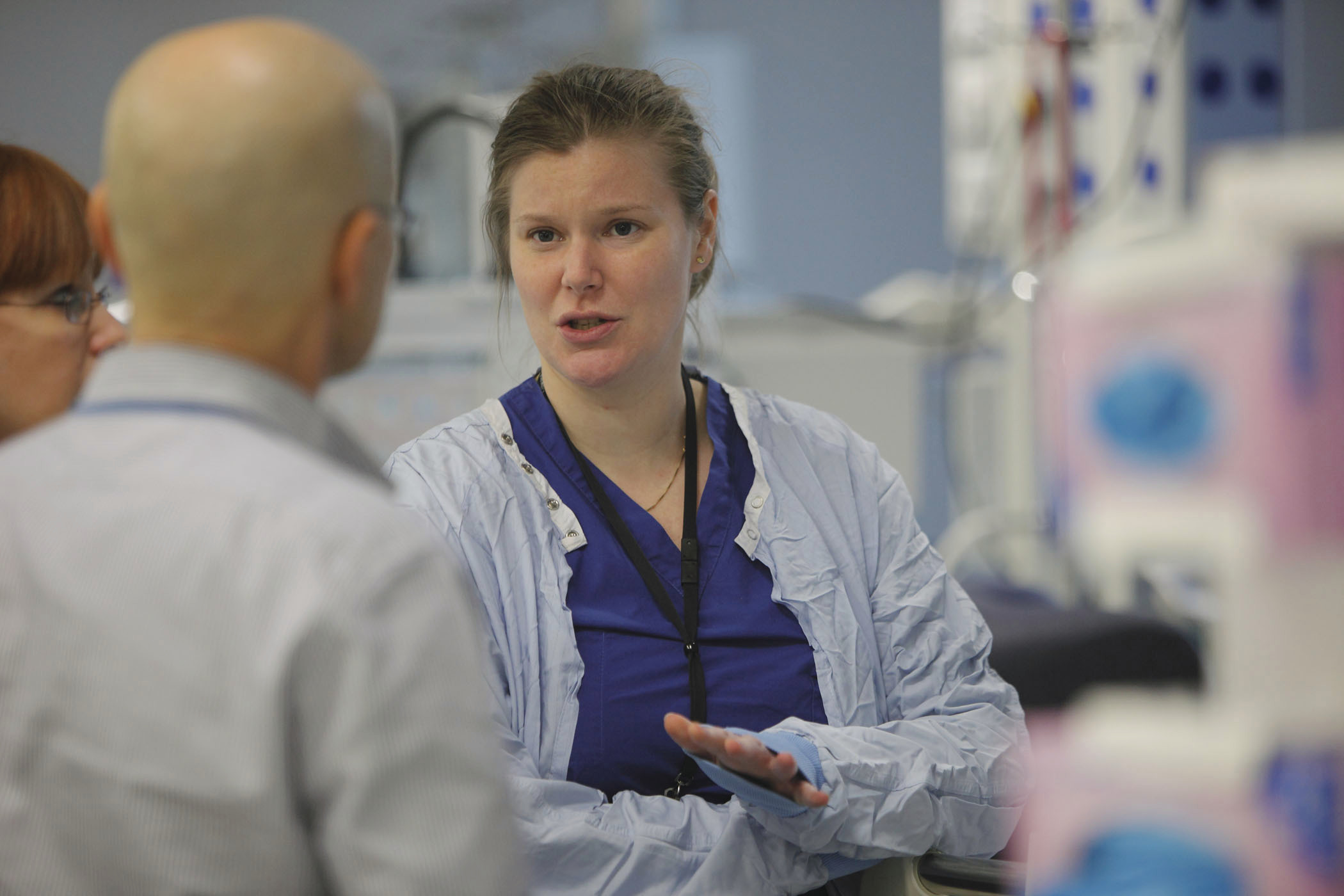
If you have the misfortune of being taken ill in Southampton and you live in Edinburgh, the chances are that your health records will not be easily accessible to the clinicians where you are being treated. Data silos prevent the sort of information sharing that retailers, banks and other institutions take for granted. At present, data sharing is determined by the historic organisational structures of how patients engage with services, not generally in a way that reflects the way that care or treatment is provided.
The arguments for better data sharing are well understood, but we have lost trust somewhere along the line. It is not going to be easy to regain this trust. The data lake proposal could be start, assuming we don’t end up with 44 STP data lakes that become silos themselves. The catalyst for building trust should of course be giving patients greater ownership of their own data. With greater ownership and data sharing comes more proactive care and personalised medicine. The caveat is that we have to respect privacy and seek consent.
The question then is how do we ensure patients and the public understand how the data is going to be used and the benefits of data sharing. We have heard a great deal about how insurance companies could use health data to penalise individuals for certain characteristics. So, trust must start with the organisations who hold and process the data.
The challenge for the NHS is that we do not know whether STPs or CCGs are more trusted by the public than national bodies. We also do not know whether devolution of data lakes to the regional areas each covering up to five million people will avoid a major pushback from the public. Reaction so far to STPs suggests this could be an uphill battle as the plans were often portrayed by the media as back-hand cost-cutting initiatives.
A further challenge arises from the degree of complexity of each localised (or regionalised) solution in terms of a platform to manage consent and the use of data for defined purposes. It is possible to imagine a national consent portal, where individuals (either independently, or with assistance from their trusted healthcare professionals) provide positive consent for their data to be used for identified purposes. This would be complex and if created independently for the 44 STPs and would inevitably create a cottage industry of suppliers and procurement to deliver. It would also need to consider the requirements of individuals who are less-familiar with digital concepts and services, as well as those with additional needs.
In short, moving to re-build the trust of the public in data sharing and analytics rests on three pillars. First, the trust in the people (or organisations) who are capturing and respecting the ownership of the data. Second, the trust in the systems that are used to capture, store, process and share that data, in terms of security, benefits and the overall user experience. Finally, trust in the processes that are used by the people/organisations to wrap around the systems to ensure that only appropriate, legal and ethical uses are made of the data, including the knowledge and the outcomes and insights that are made possible by the analytics.
At Capita Healthcare Decisions we are pioneering the combination of artificial intelligence and health analytics to improve patient experience and reduce costs. However, the starting point has to be rebuilding trust in data sharing.
Dr Charles Young
Chief Medical Officer, Capita Healthcare Decisions; Senior Medical Officer, Capita Group.
Dr Charles Young is a member of a panel discussing the potential impact of data lakes at the UK Health Show on the 27th September.



